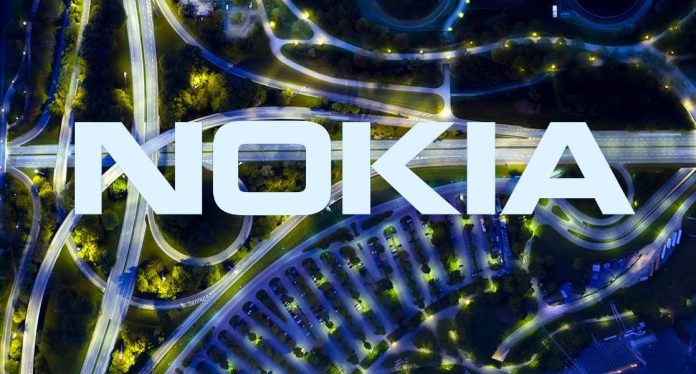Nokia said that the proof-of-concept was deployed in a Bosch production plant in Germany
Nokia and Bosch are jointly working on the development of a 5G-based precision positioning technology targeting new Industry 4.0 use cases, the vendor said in a release.
The two firms have deployed a proof-of-concept for the 5G positioning tech in a Bosch production plant in Germany, where they say that extensive tests under realistic manufacturing conditions have shown an accuracy within 50 cm in 90% of the factory footprint.
Nokia noted that the positioning technology tracks mobile and portable devices connected to the 5G network, accurately determining their positions where no global navigation satellite service coverage is available—as in a factory. As part of the factory test, an enhanced private 5G network was able to determine the precise position of assets such as automated guided vehicles (AGVs), mobile robots and mobile control panels.
The European vendor also highlighted that precision localization is important for many applications in industrial environments, such as robot navigation, asset tracking and worker safety. Realizing both high-performance connectivity and high-accuracy positioning within a single private network’s infrastructure also has many operational benefits, such as reducing the complexity of IT infrastructure, leading to a lower total cost of ownership (TCO) and higher returns on investments, Nokia said.
Andreas Mueller, chief expert and responsible for the 6G activities at Bosch, said: “Knowing where things are is generally very valuable information in manufacturing. While today usually separate systems are used for connecting and locating devices, this may be done via an integrated private 5G solution in the future. The proof-of-concept conducted jointly with Nokia underpins the leading role of Bosch in exploring new opportunities for our customers and developing the Factory of the Future.”
Nokia and Bosch had announced their first strategic collaboration in 2017 to develop industrial IoT and sensing solutions. Nokia and Bosch have also begun conducting joint research in the next generation of networking, investigating how future 6G networks could be used for both communications and sensing when they are commercially available by the end of the decade.
According to Nokia, future 6G systems will have the ability to track the position of any object, allowing 6G signals to function similarly to radar.
Peter Vetter, president of Bell Labs Core Research at Nokia, said: “Bosch and Nokia Bell Labs foresee a future where networks do far more than communicate. Soon, 5G will track connected devices more precisely than satellites, in places satellites can’t reach. In the next decade, 6G will be capable of sensing all objects in their coverage areas regardless of whether they contain active radios. We are creating networks that will endow humans with a digital 6th sense.”

